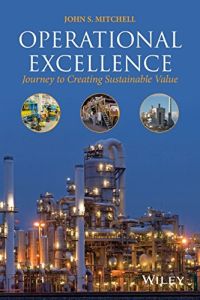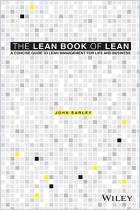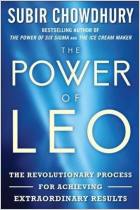Join getAbstract to access the summary!

Join getAbstract to access the summary!
John S. Mitchell
Operational Excellence
Journey to Creating Sustainable Value
Wiley, 2015
What's inside?
Achieve efficiency, success, organizational progression and results through operational excellence.
Recommendation
Organizations typically run both quality and improvement initiatives simultaneously, targeting different aspects of their operations. While these initiatives may improve efficiency, they work in a piecemeal fashion and don’t necessarily lead the organization to lasting results. Operational Excellence (OE), an overarching “master program” that aims to improve effectiveness and results, fills this gap. Veteran managerial expert John S. Mitchell explains how to implement and execute OE to achieve “sustained excellence” and change the culture in your organization. Leaders at all levels, especially executives and senior managers, will benefit from this manual. Anyone currently involved in or about to start an Operational Excellence initiative will find it indispensable. Though Mitchell can be dry, technical and repetitive, getAbstract believes that his heartfelt, clearheaded guidance will benefit many organizational leaders seeking a lasting, all-encompassing, enterprise-wide approach to improvement.
Summary
About the Author
John S. Mitchell is a leading proponent of Operational Excellence. He also wrote Physical Asset Management Handbook and An Introduction to Machinery Analysis and Monitoring.



















Comment on this summary